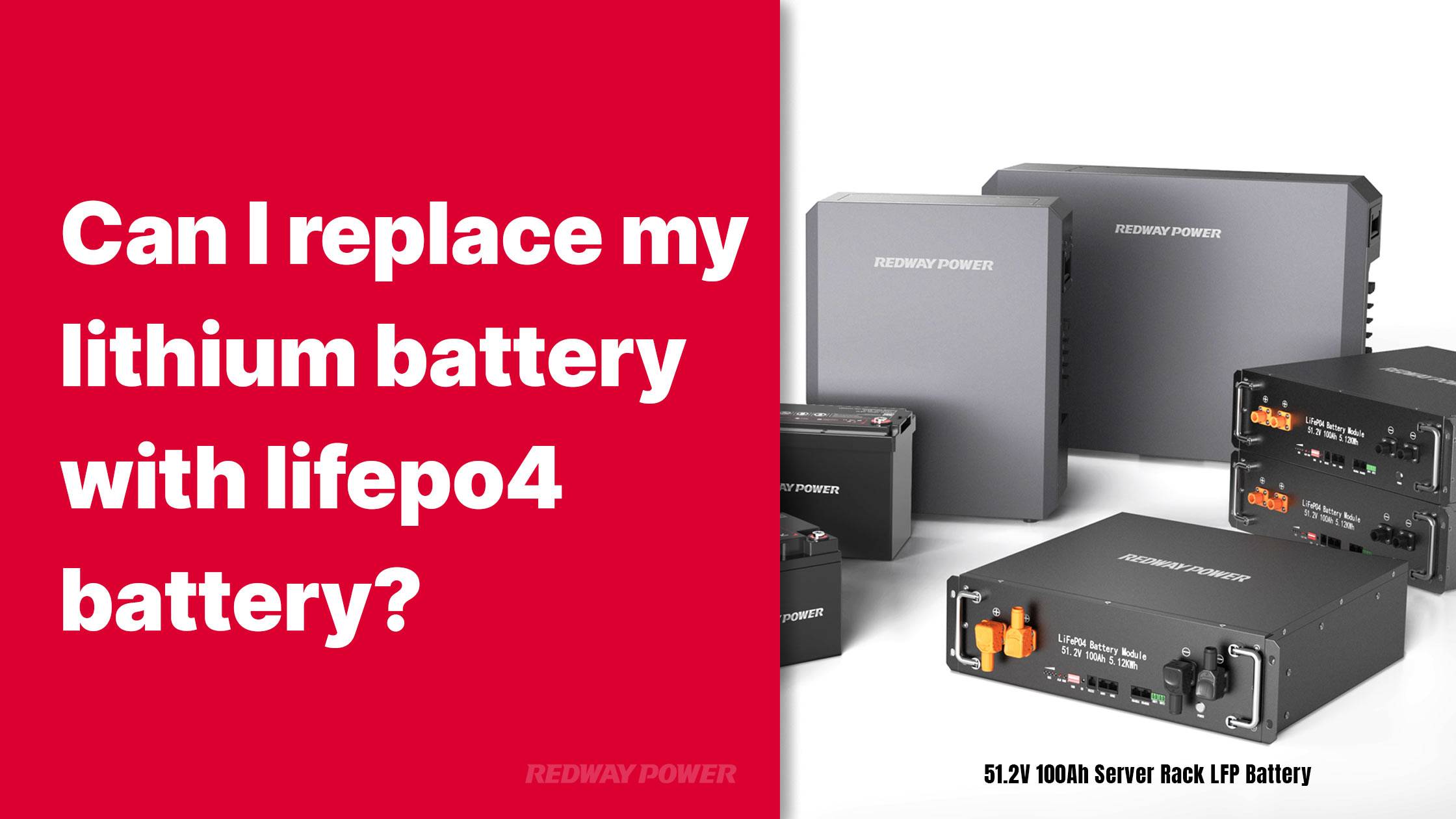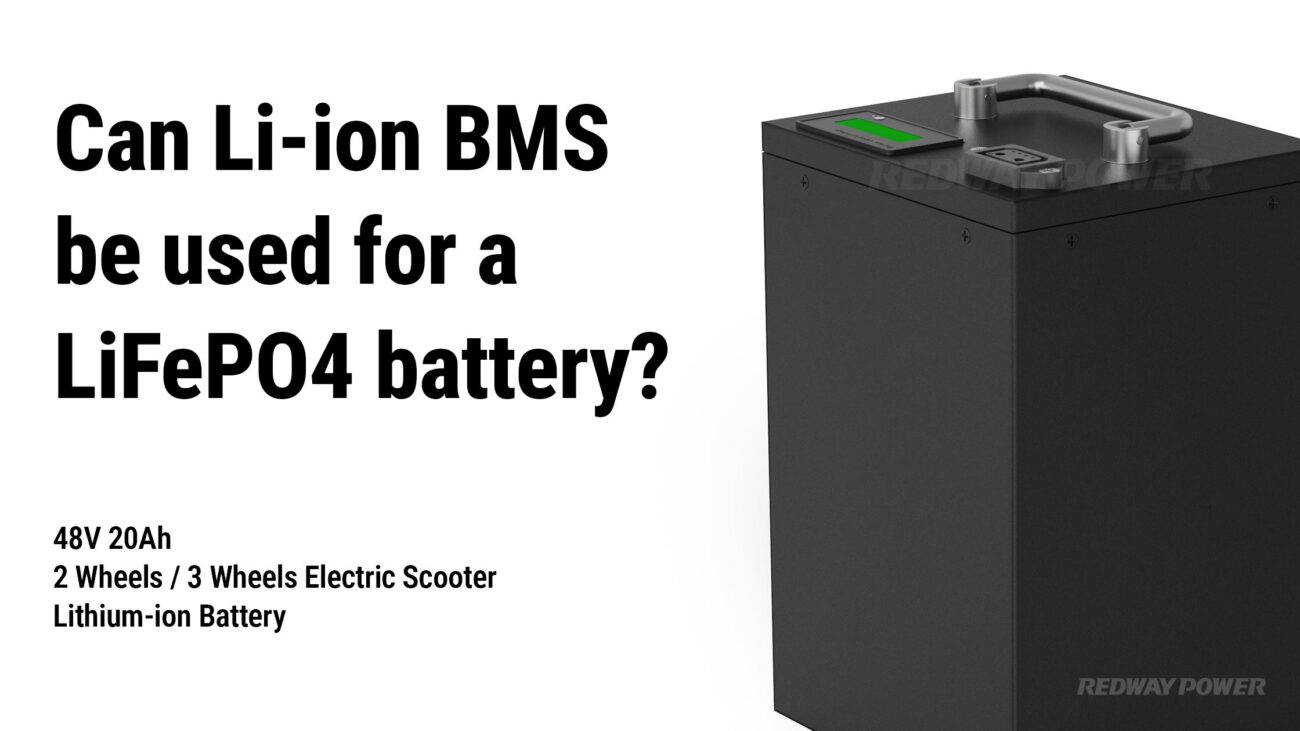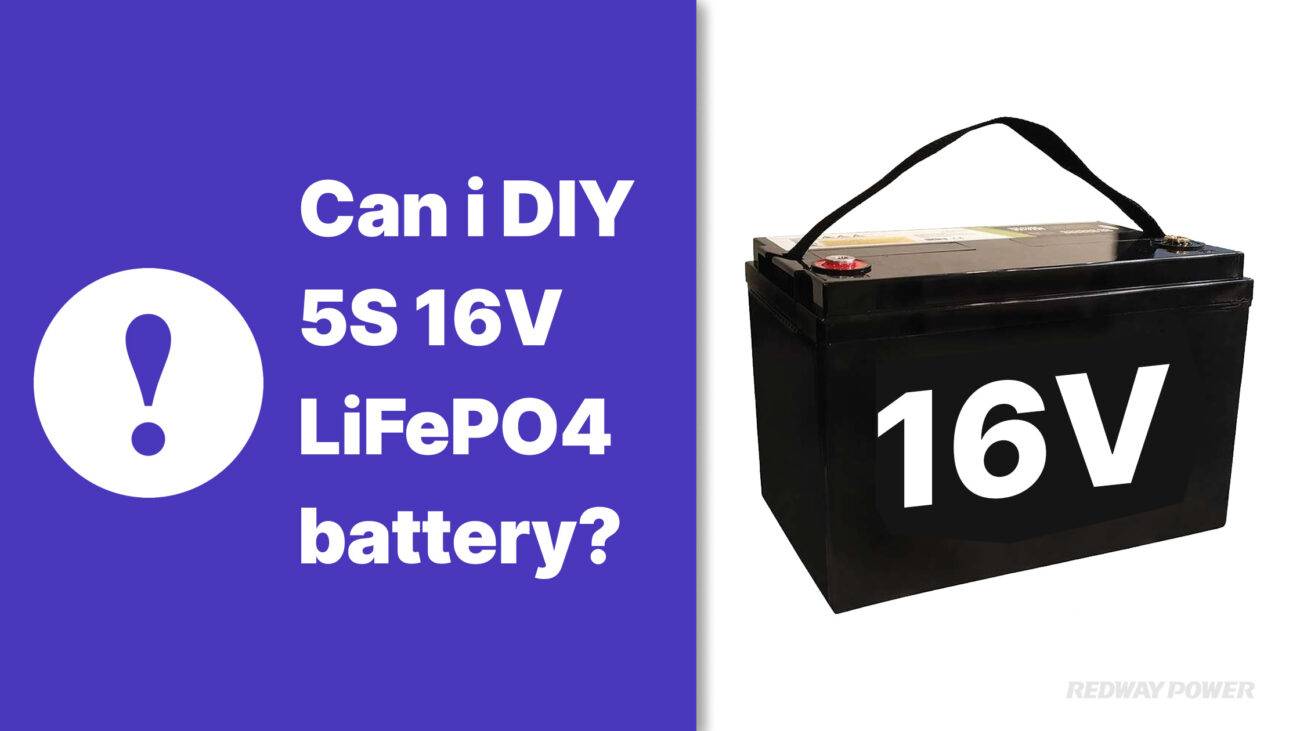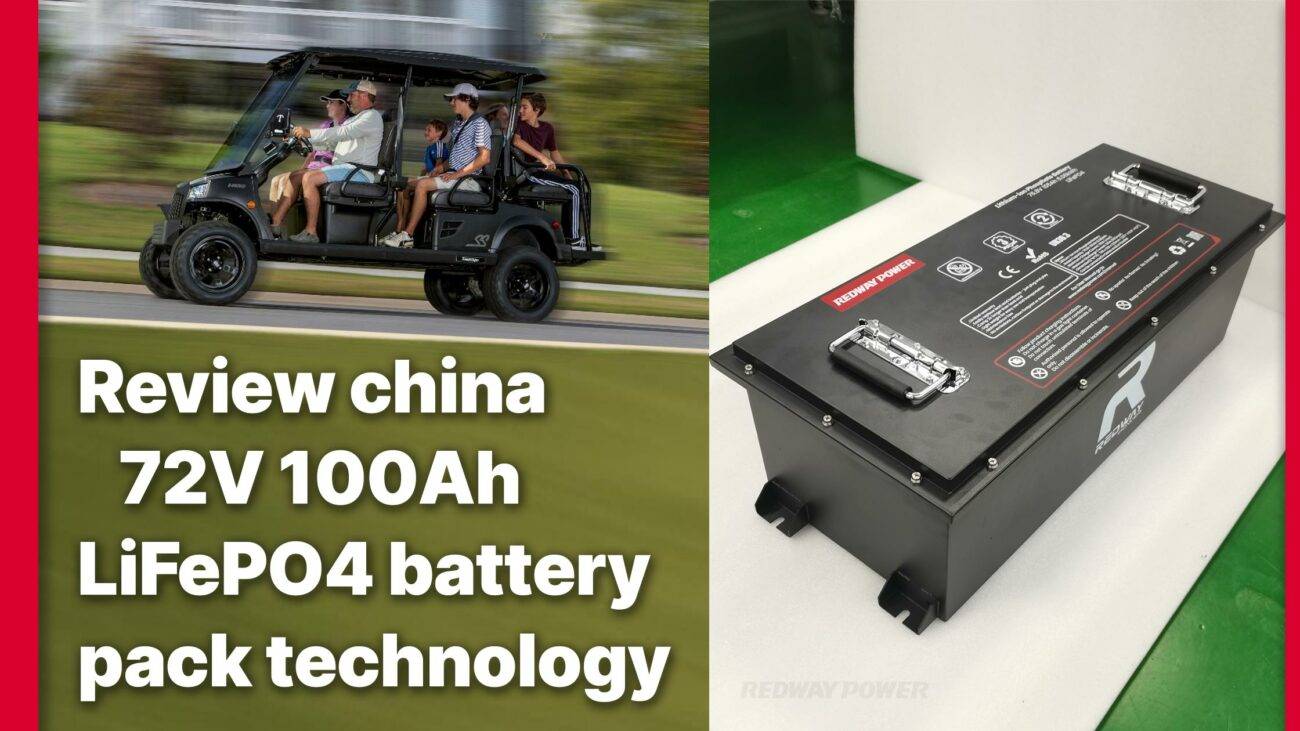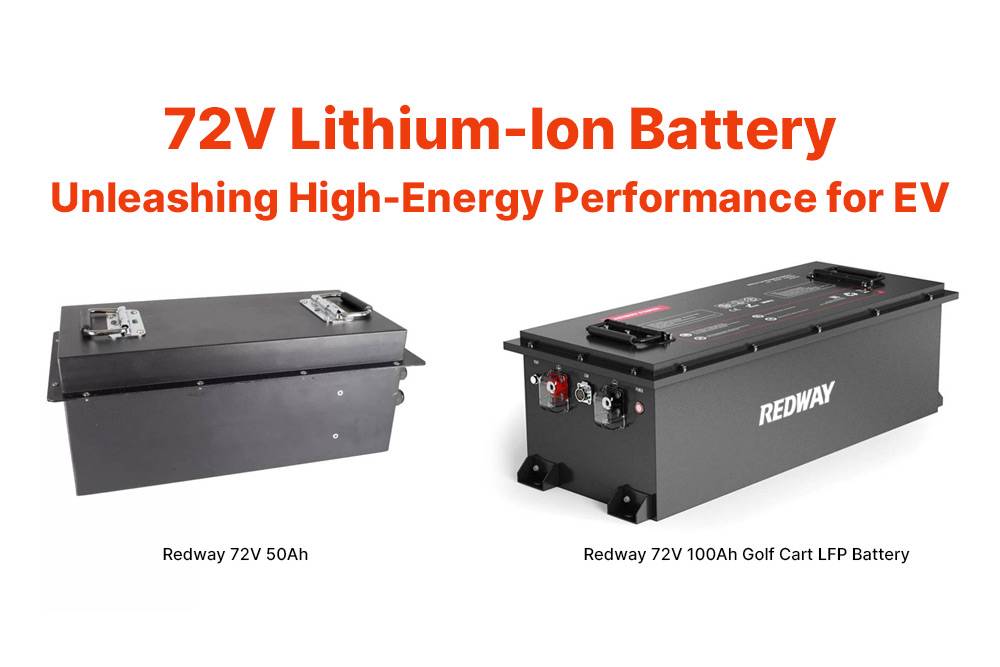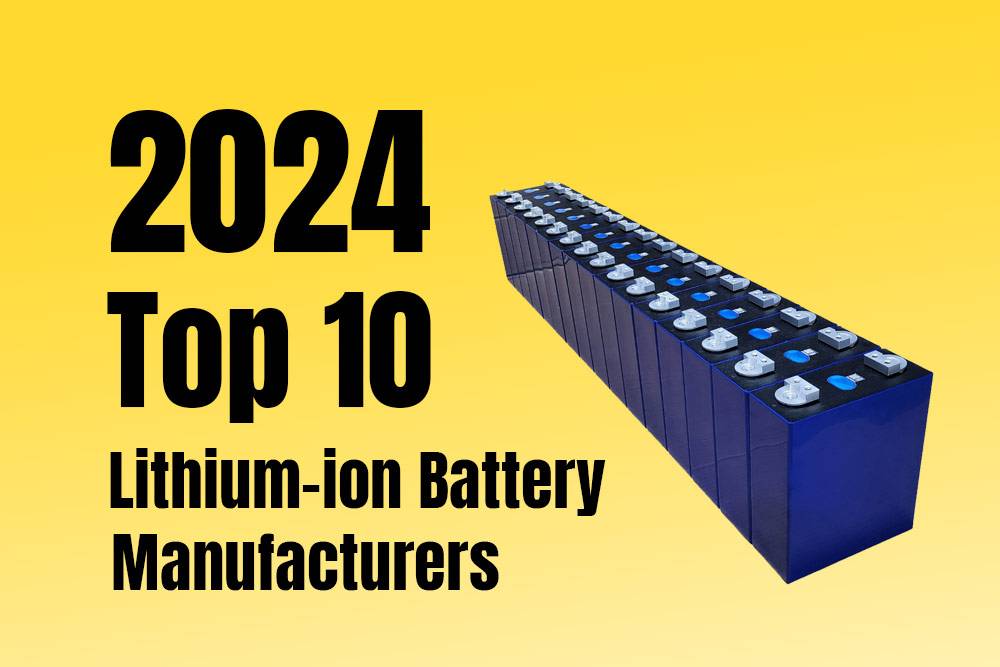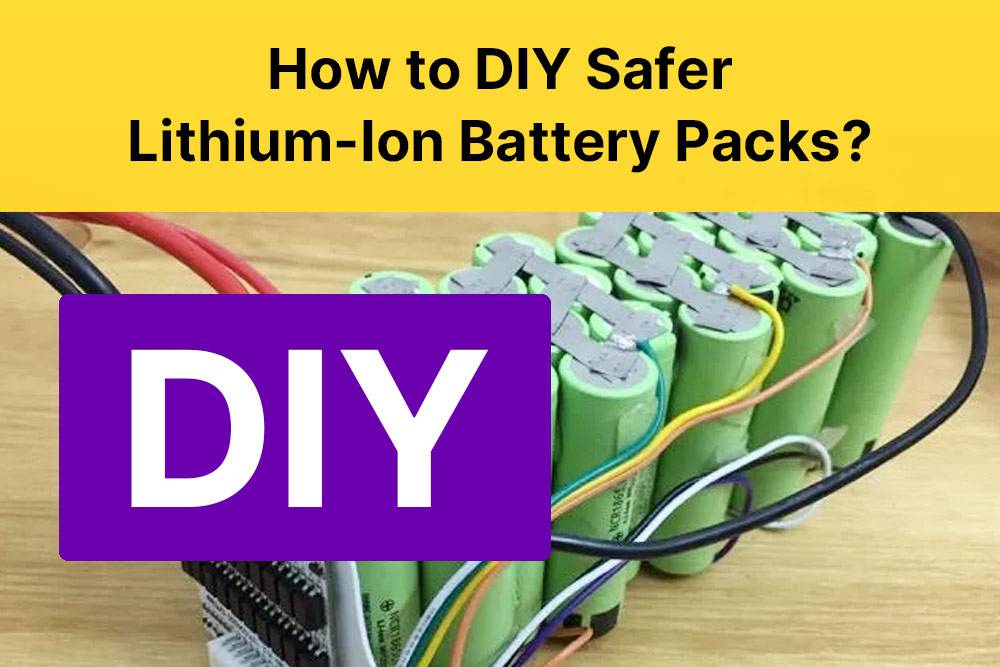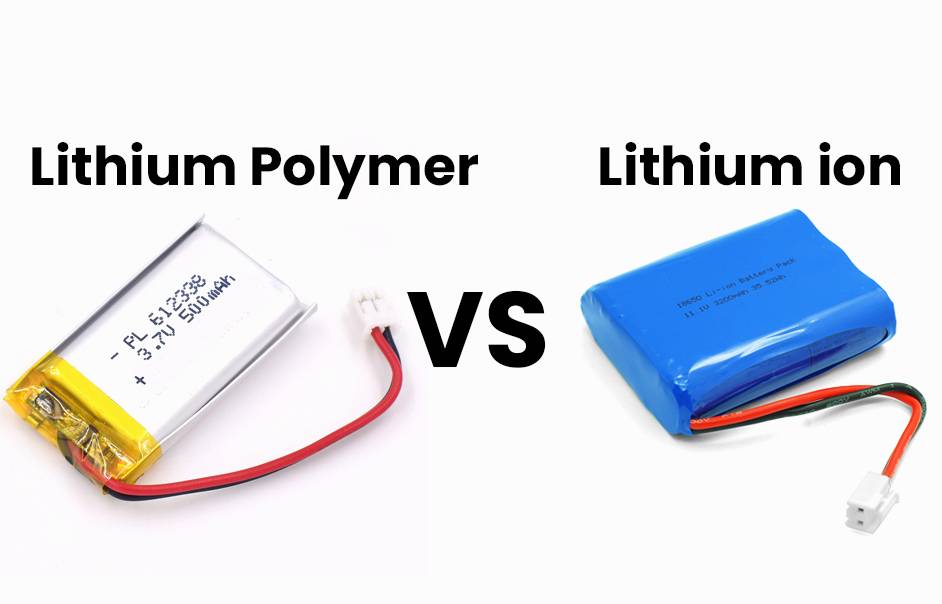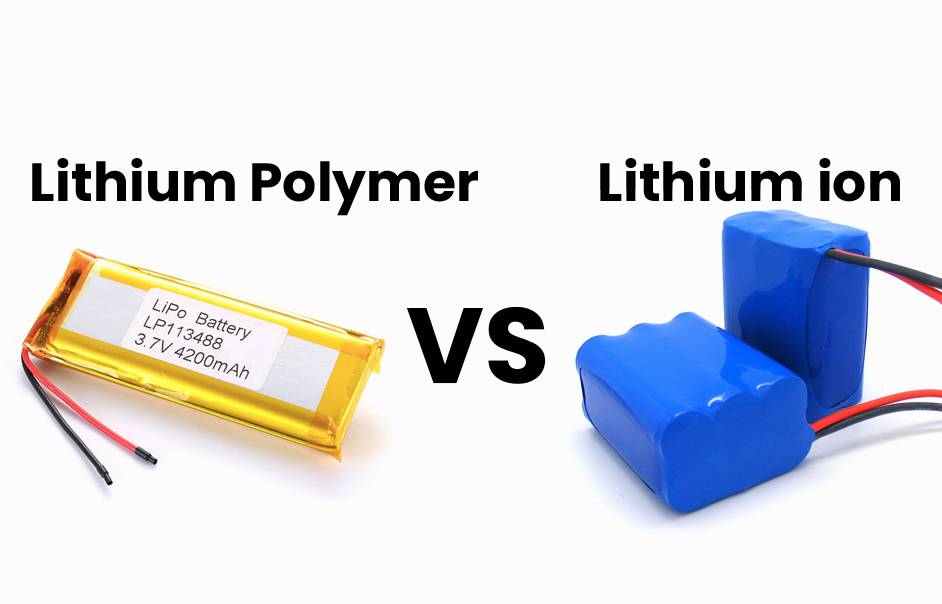Replacing a lithium-ion battery with a LiFePO4 battery is possible, but it requires consideration of voltage and charging compatibility with the device.
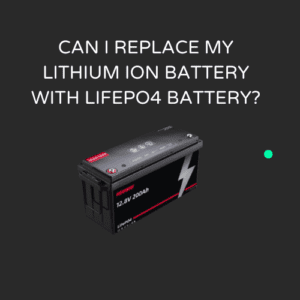
- Voltage Consideration: LiFePO4 batteries may have different voltage characteristics than lithium-ion batteries, so compatibility with the device should be assessed.
- Charging Compatibility: Ensuring that the charging methods and requirements of the LiFePO4 battery align with the device is crucial for optimal performance.
- Device Assessment: Before replacing the battery, it is recommended to consult the device’s specifications and, if necessary, seek professional advice.
By carefully evaluating the voltage compatibility, charging requirements, and device specifications, you can determine if a LiFePO4 battery is suitable for replacing a lithium-ion battery.
Table of Contents
ToggleCan I use a LiFePO4 charger on a lithium ion battery?
To charge a lithium ion battery, it is recommended to use a charger specifically designed for lithium ion chemistry. LiFePO4 batteries require a LiFePO4 charger to ensure proper charging and prevent damage to the battery.
- Battery Compatibility: LiFePO4 batteries require a LiFePO4 charger specifically designed for this chemistry.
- Proper Charging: Using a LiFePO4 charger ensures safe and efficient charging for LiFePO4 batteries.
- Chemistry Considerations: Chargers designed for lithium ion batteries may not be suitable for LiFePO4 batteries due to different charging requirements.
By using the appropriate charger for the specific battery chemistry, such as a LiFePO4 charger for LiFePO4 batteries, you can ensure proper charging and prolong the lifespan of your batteries.
Can I replace my car battery with a LiFePO4?
Replacing a car battery with a LiFePO4 battery is a topic of discussion among car enthusiasts. While some have successfully replaced their car batteries with LiFePO4 batteries, factors such as compatibility, voltage, and proper installation should be considered.
- LiFePO4 as Car Battery: Some car enthusiasts have successfully replaced their car batteries with LiFePO4 batteries.
- Compatibility Considerations: Factors such as compatibility, voltage, and proper installation should be considered before replacing a car battery with a LiFePO4 battery.
Before replacing your car battery with a LiFePO4 battery, it is recommended to consider factors such as compatibility, voltage requirements, and proper installation to ensure optimal performance.
Do LiFePO4 batteries need a special charger?
No, LiFePO4 batteries do not necessarily require a special charger. However, it is important to use a charger that supplies the battery with the appropriate charging specifications for LiFePO4 chemistry. This ensures safe and efficient charging.
- Special Charger Not Required: LiFePO4 batteries do not necessarily require a special charger.
- Charging Specifications: It is important to use a charger that provides the appropriate charging specifications for LiFePO4 chemistry.
- Safe and Efficient Charging: Using a charger with the correct specifications ensures safe and efficient charging for LiFePO4 batteries.
By using a charger that meets the charging specifications for LiFePO4 batteries, you can charge them safely and efficiently without the need for a special charger.”
Is it bad to completely drain a LiFePO4 battery?
Completely draining a LiFePO4 battery can be detrimental to its internal structure, potentially impairing its capacity to hold a charge effectively. This deep discharge might cause irreversible damage, reducing the battery’s overall capacity and performance over time.
- Battery Structure: Completely draining a LiFePO4 battery can harm its internal structure.
- Capacity and Performance: Deep discharge can cause irreversible damage, reducing the battery’s overall capacity and performance over time.
To preserve the capacity and performance of a LiFePO4 battery, it is recommended to avoid completely draining it, as this can lead to long-term damage and reduced functionality.
Why is my LiFePO4 battery draining so fast?
The fast discharge of LiFePO4 batteries is usually caused by mishandling or improper maintenance. Factors such as charging practices, storage practices, or improper usage can contribute to the battery draining quickly.
- Battery Discharge: Fast discharge of LiFePO4 batteries can occur due to mishandling or improper maintenance.
- Charging and Storage Practices: Improper charging practices, storage practices, or improper usage can contribute to the battery draining quickly.
- Maintaining Performance: Proper handling, charging, and storage practices are essential for maintaining the optimal performance of LiFePO4 batteries.
By following proper charging, storage, and usage practices, you can prevent the fast discharge of LiFePO4 batteries and ensure their longevity and performance.
Can we use lithium ion bms in LiFePO4 battery?
Yes, a Li-ion BMS can be used for LiFePO4 batteries, but it is not recommended for charging due to differences in voltage requirements. It is important to use a BMS specifically designed for LiFePO4 batteries to ensure safe and efficient charging.
- Li-ion BMS Compatibility: A Li-ion BMS can be used with LiFePO4 batteries, but caution is needed.
- Charging Considerations: It is not recommended to use a Li-ion BMS for charging LiFePO4 batteries due to differences in voltage requirements.
- Safe and Efficient Charging: To ensure safe and efficient charging, it is important to use a BMS specifically designed for LiFePO4 batteries.
By using a BMS designed for LiFePO4 batteries, you can ensure safe and efficient charging, avoiding potential issues that may arise from using a Li-ion BMS.
Is lithium ion battery same as LiFePO4?
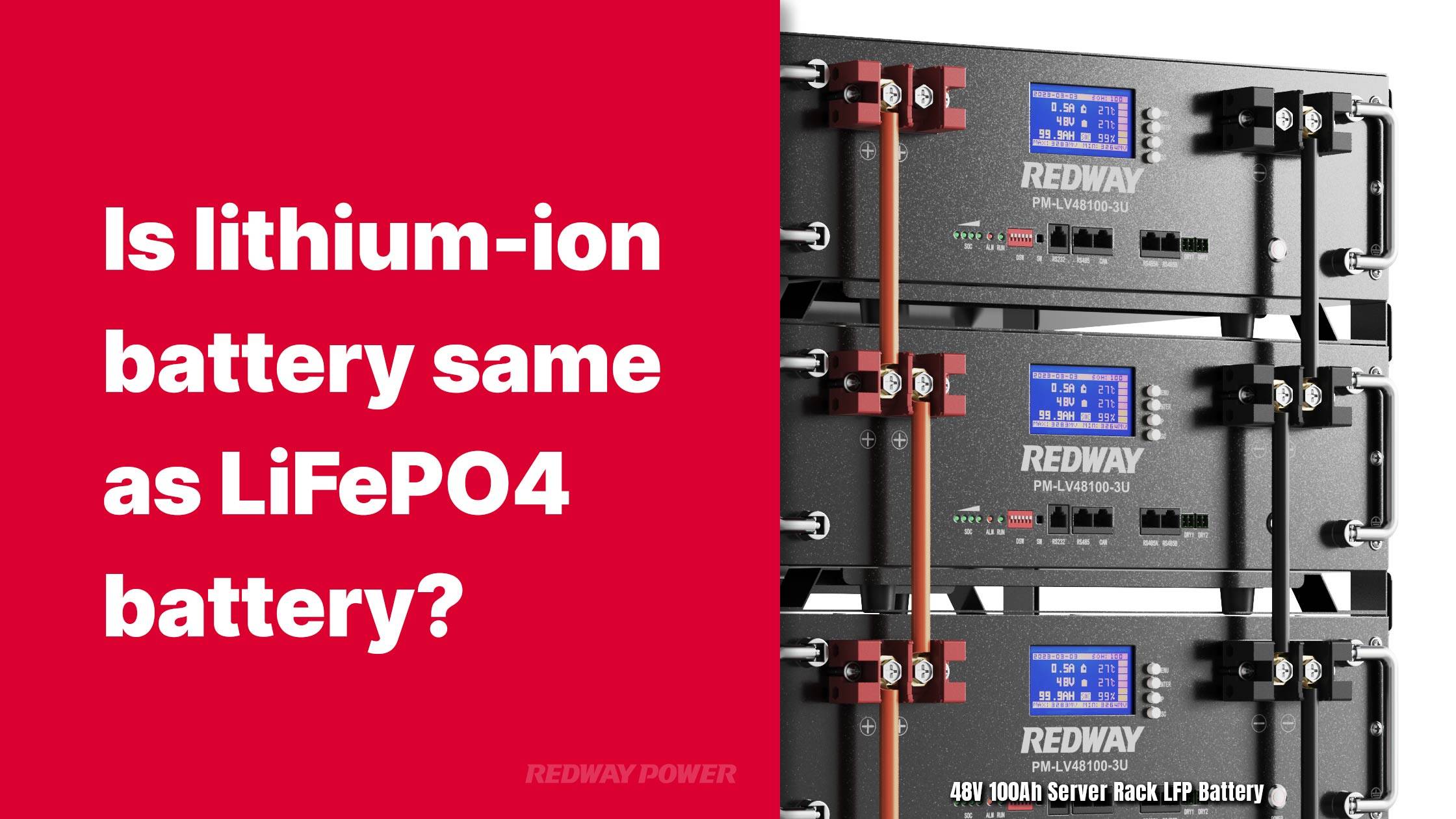
No, lithium-ion batteries and LiFePO4 batteries are not the same. LiFePO4 batteries use lithium iron phosphate as the cathode material, while lithium-ion batteries can use various cathode materials such as cobalt oxide, manganese oxide, or nickel oxide.
- Battery Composition: LiFePO4 batteries use lithium iron phosphate as the cathode material, while lithium-ion batteries can use various cathode materials.
- Performance and Safety: The differences in composition can affect the performance, safety, and longevity of the batteries.
- Choosing the Right Battery: Consider the specific requirements and characteristics of each battery type to determine the best choice for your application.
By understanding the distinctions between lithium-ion batteries and LiFePO4 batteries, you can make an informed decision when selecting the most suitable battery for your needs.”
What is the difference between LiFePO4 charger and lithium ion charger?
The difference between a LiFePO4 charger and a lithium-ion charger lies in their charging algorithms and voltage requirements. LiFePO4 chargers are designed specifically for LiFePO4 batteries, delivering the appropriate charging voltage and current. Lithium-ion chargers, on the other hand, may not be compatible with LiFePO4 batteries due to differences in voltage requirements.
- Charging Algorithms: LiFePO4 chargers and lithium-ion chargers have different charging algorithms.
- Voltage Requirements: LiFePO4 chargers are designed specifically for LiFePO4 batteries, delivering the appropriate charging voltage.
- Compatibility Considerations: Lithium-ion chargers may not be suitable for LiFePO4 batteries due to differences in voltage requirements.
By using the correct charger, whether a LiFePO4 charger or a lithium-ion charger, you can ensure safe and efficient charging for your battery.
Do I need a BMS with a LiFePO4 battery?
Yes, a BMS is necessary for LiFePO4 batteries. Without a BMS, LiFePO4 batteries are at risk of conditions that can lead to capacity loss, premature aging, and degradation of the battery cells.
- Battery Management System (BMS): A BMS is necessary for LiFePO4 batteries to ensure proper charging, discharging, and overall battery protection.
- Capacity Loss and Aging: Without a BMS, LiFePO4 batteries are at risk of capacity loss, premature aging, and degradation of the battery cells.
- Optimizing Performance: A BMS helps prevent issues such as overcharging, over-discharging, and cell imbalances, ensuring the longevity and optimal performance of LiFePO4 batteries.
By using a BMS with LiFePO4 batteries, you can maximize their performance, prevent capacity loss, and ensure long-lasting battery health.
How to choose BMS for LiFePO4 battery?
To choose a BMS for LiFePO4 batteries, consider factors such as reliability, quality, amp draw, and compatibility. Select a BMS from a reputable manufacturer known for producing reliable and high-quality products. Choose a BMS with an amp rating that exceeds the maximum load current for reliable performance.
- Reliability and Quality: Select a BMS from a reputable manufacturer known for producing reliable and high-quality products.
- Amp Draw Considerations: Choose a BMS with an amp rating that exceeds the maximum load current for reliable performance.
- Compatibility: Ensure the chosen BMS is compatible with LiFePO4 batteries to ensure proper functionality.
By considering factors such as reliability, quality, amp draw, and compatibility, you can choose the right BMS for your LiFePO4 batteries, ensuring optimal performance and safety.













